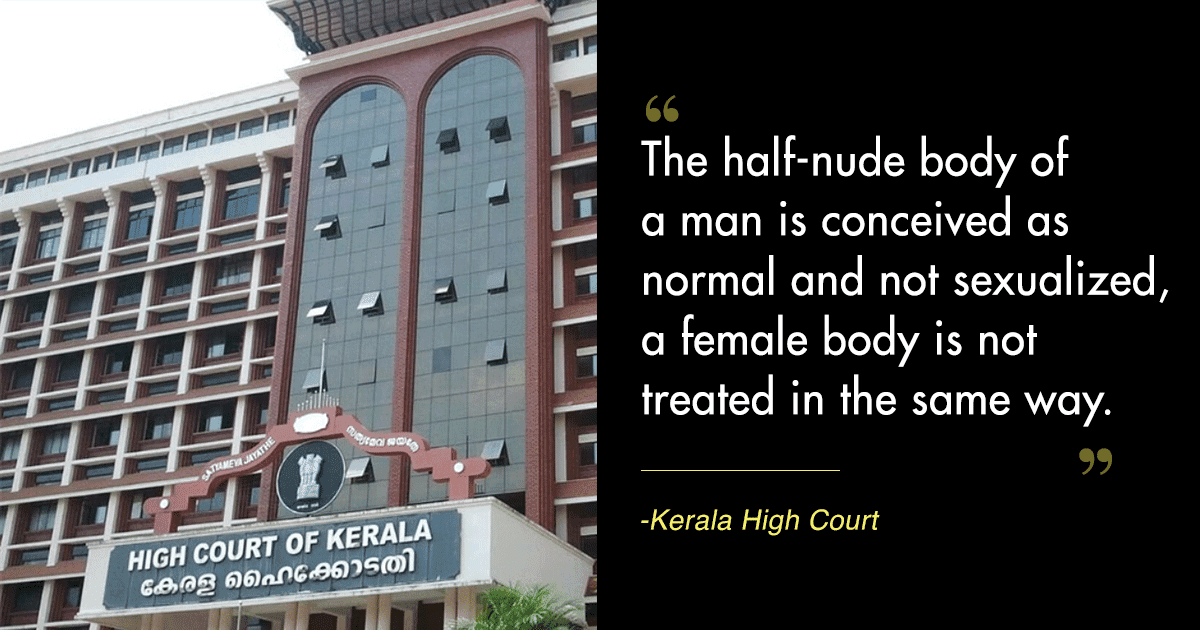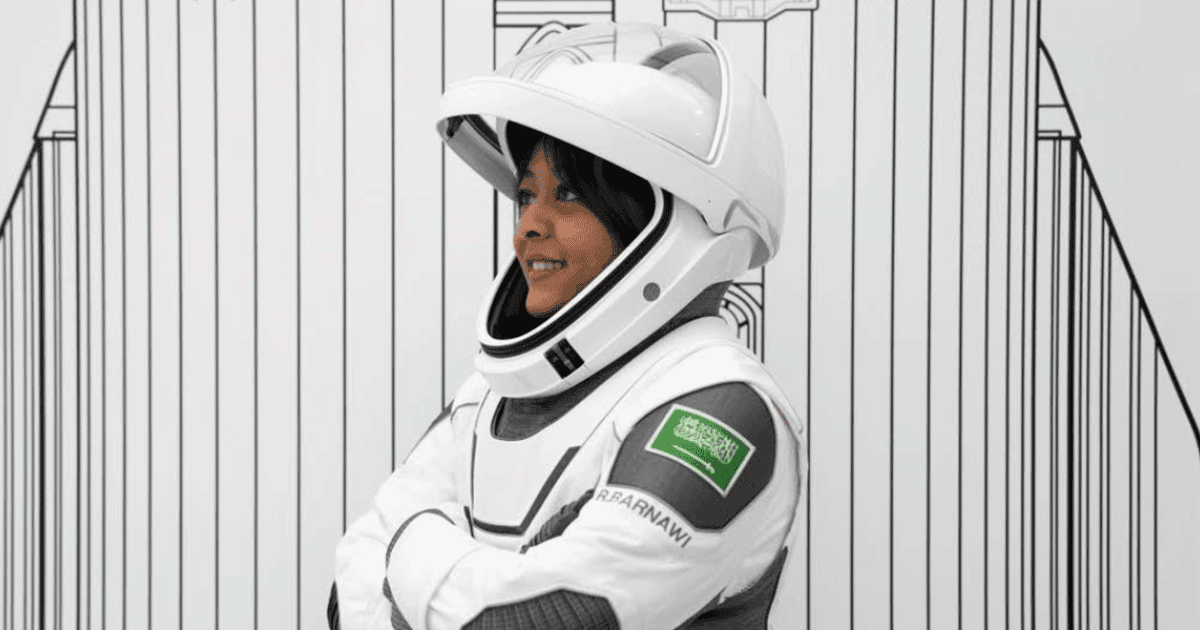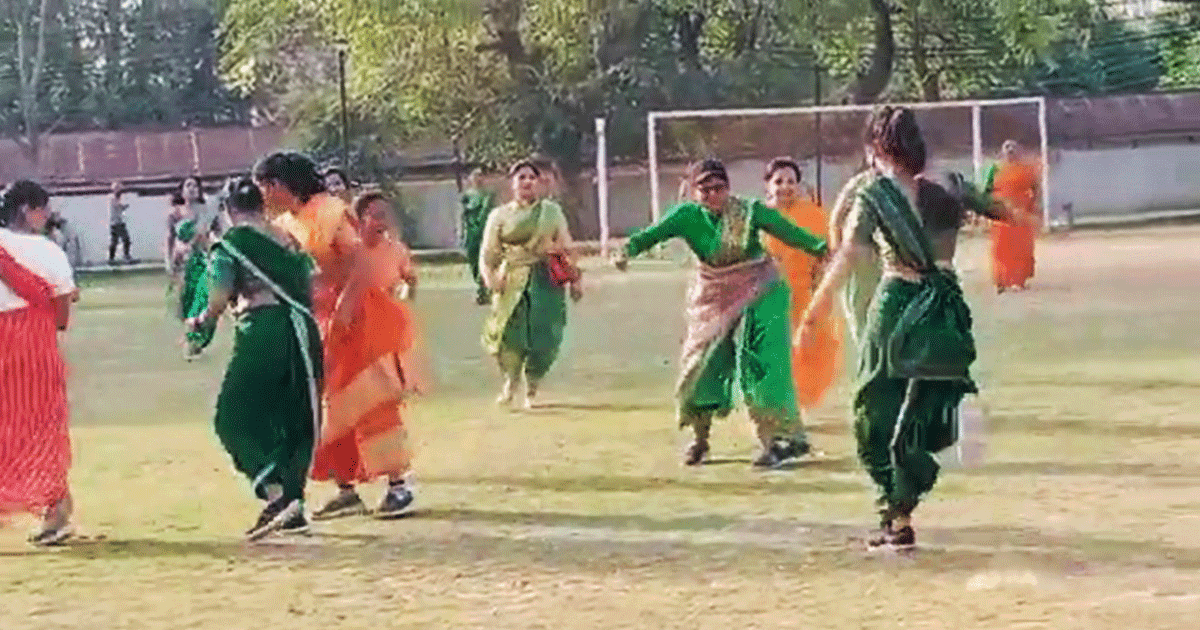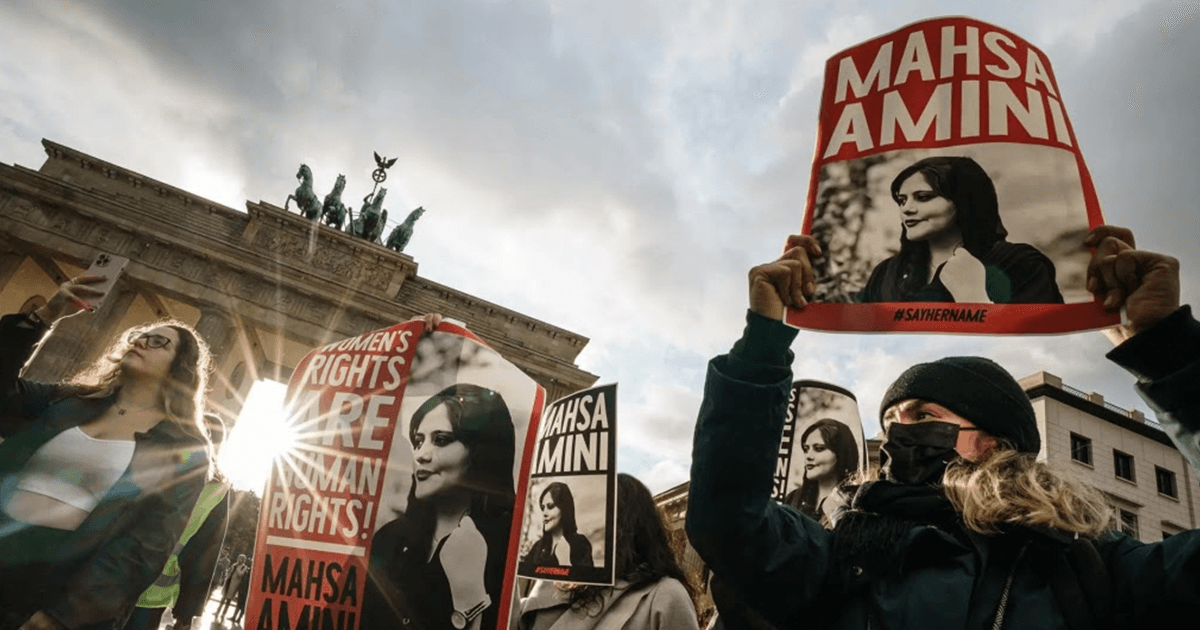No one asks women if they want to become mothers, it is an assumption thrust upon them from the day they are born. And the result is the expectation that motherhood will not only be their choice, it will also be a deliberate, happy choice. A choice that changes their lives, turns everything on its head (for the better), and makes all sacrifices seem worth it.
Women grow up with one narrative and it is this – becoming a mother is a ‘blessing’ that can neither be turned down nor be complained about.
This is why The Lost Daughter on Netflix is important. It gives warranted depth to the conversation on motherhood.
The Lost Daughter (2021) Dir. Maggie Gyllenhaal pic.twitter.com/Q6L1qHXUl2
— cinesthetic (@TheCinesthetic) January 26, 2022
While there are women for whom it can be the blessing people say it is, there are others who have a very different experience. There are women who do not want children. Then there are ones who want them but regret the decision later. There are also ones who go through a whole spectrum of emotions as birth givers.
None of these are ‘bad women’, and it’s unfortunate that in the majority of cases, the person who needs to be convinced about this the most, is the woman herself. That’s because of the conditioning.
The Lost Daughter is a heavy piece of work, even triggering at places, but it comes with the comfort of knowing that there are people who don’t reduce motherhood to a handful of sentiments.
“This isn’t about how difficult it is to raise a child. We’re talking about the moments of terror and absolute desperation along with moments of true, heart-wrenching ecstasy.”
— Los Angeles Times (@latimes) January 24, 2022
Olivia Colman and Maggie Gyllenhaal dig into that ‘Lost Daughter’ endinghttps://t.co/J3FCh3N967
Leda (played by the amazing Olivia Coleman) is a professor of comparative literature who is visiting Greece for a working holiday.
She rents an apartment near the beach and heads out everyday to catch some sun. This is where a younger woman, Nina (played by Dakota Johnson), and her daughter catch her attention.
She notices everything they do, the child who wouldn’t stop pestering, a mother who’d give in to her demands – she sees it all, and cries.
Motherhood is a crushing responsibility – Leda
— Aishwarya Rajurkar (@Aishspeaks) January 23, 2022
Loved how @mgyllenhaal bursted the myth that motherhood comes naturally to women and how not everyone is cut out to be one.@thelostdaughter is a beautiful piece of work. Olivia Colman is a legend. ♥️ pic.twitter.com/BbKTbPN5As
All credit here to the outstanding debut director Maggie Gyllenhaal for building suspense with a softness for the character. You want to know what happened to Leda, but you are wary that it won’t be nice – and it isn’t. But that’s the point.
It is revealed in the flashes from her past, that she has two daughters of her own, and she did not like how raising them disrupted her life.
Young Leda (played by Jessie Buckley) wanted to study, to work, but her partner wouldn’t support and her kids won’t stop crying. Because of this reason, and possibly some others, she leaves.
“Jessie Buckley is brilliant.” – The New York Times. #TheLostDaughter 🐍🍊 pic.twitter.com/Y6AvI3VuPD
— the LOST DAUGHTER (@thelostdaughter) January 28, 2022
She hands the responsibility of raising them to her partner and goes.
She enjoys it too.
But comes back.
Leda is a learner of literature and her personality borrows the curiosity from her profession. Or it may be the other way round. She constantly attempts to understand what she wants, and why she wants it. She asks herself questions, she knows that the answers may be scary, she goes ahead anyway.
#TheLostDaughter shows a side of motherhood we don’t see a lot in movies and shows. Olivia Coleman gives a very layered performance that really helps you understand Leda’s perspective. Great work from Dakota Johnson as well pic.twitter.com/FSUkCOGDKS
— Chris (@thecherrieberry) January 12, 2022
As Leda deals with the emotions that are resurfacing all these years later, Nina is facing her own issues. Both women confide things in each other, and are presumably looking for a nod, a smile – just any gesture that says “it’s okay, you’re not bad”.
The Lost Daughter, based on a novel written by Elena Ferrante, also brilliantly covers the strange disappointments kids can have with their parents and how they learn to forgive them for the non-faults (along with the actual flaws, sometimes).
“Sometimes you just can’t handle it anymore.” – Dakota Johnson stars as Nina in #TheLostDaughter. 🥀 Watch now on Netflix. pic.twitter.com/lODwCuHdPE
— the LOST DAUGHTER (@thelostdaughter) January 26, 2022
The movie is so many things, but what it is the most is an ally. It passes the mic and lets the characters talk. Even in the most intense moments, it looks its people in the eye – these are, among others, the women who do not apologise, the men who want them to, and the “unnatural mother” (by her own description) on a vacation unfolding her whole life, painfully, not knowing if the pieces will fall back.

















